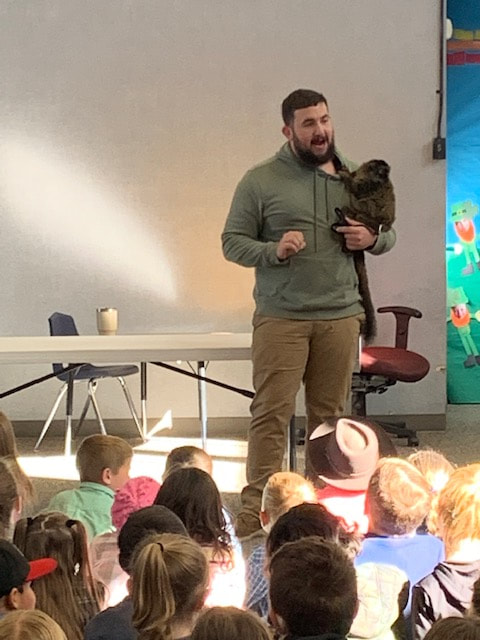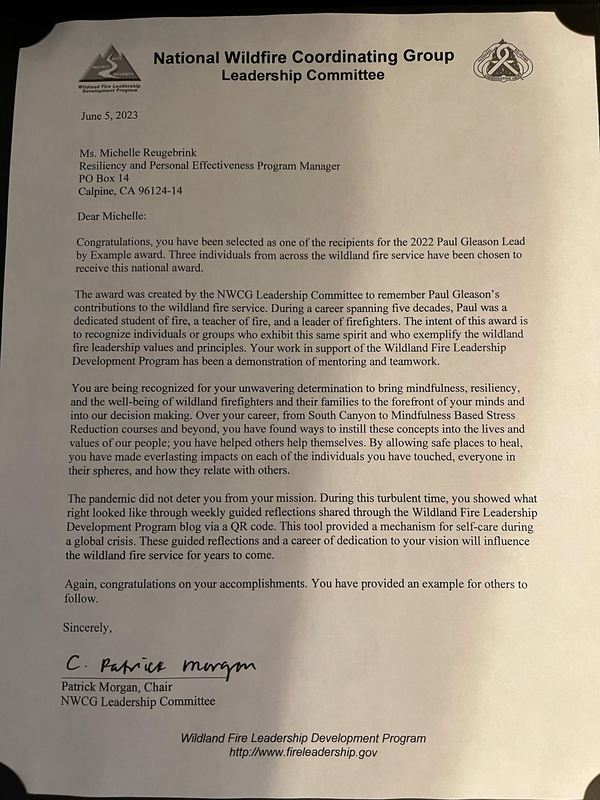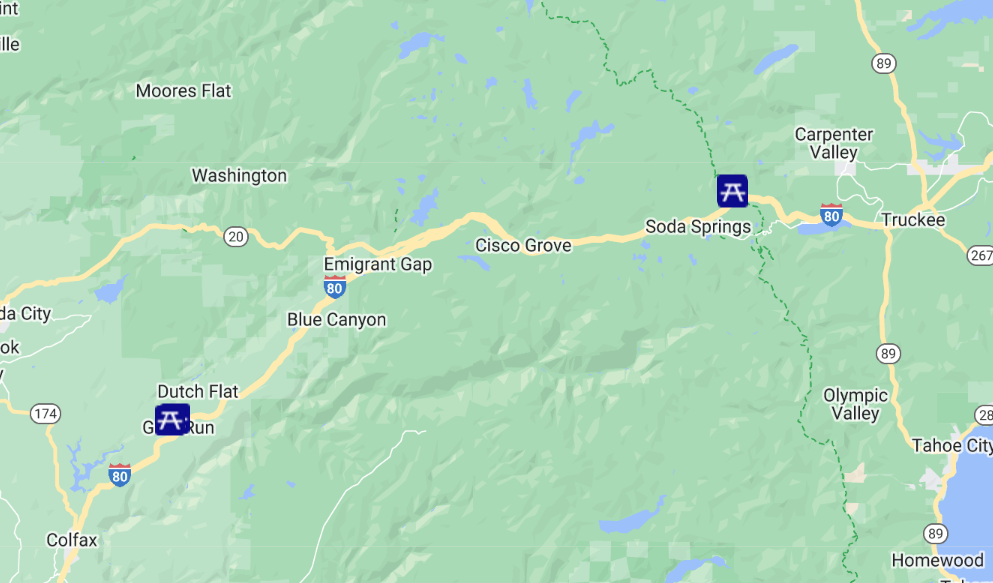- Widespread reports of invasion surge as new law fails homeowners.
- Without a viable solution, the state will see increasing property damage and financial strain on its residents.
- Zachary Smith available for interviews.
Ground squirrels, once controlled by rodenticides, are now surging into suburban neighborhoods, causing extensive damage. The new legislation bans the use of first-generation anticoagulant rodenticides, like Diphacinone, that pest management professionals have relied on for decades. This ban leaves homeowners without affordable or lasting solutions to protect their properties.
Zachary Smith, a licensed pest control professional and founder of Bay Area-based Smith’s Pest Management, reports a significant increase in inquiries from desperate Californians. "Homeowners are in a state of panic," says Smith. "The tools we used to rely on are gone, and what's left is either ineffective or impractical for most properties."
The Dire Impact of Assembly Bill 1322
Assembly Bill 1322 has turned ground squirrel control into a near-impossible task for most homeowners. Here are the critical changes:
- Extensive Property Damage: With the traditional rodenticides off the table, ground squirrels are free to cause unprecedented levels of damage. Their burrowing can undermine the structural integrity of homes, patios, and fences, leading to costly repairs. Ground squirrels also wreak havoc on gardens and lawns, destroying expensive landscaping and reducing property values. Smith estimates that without effective control measures, ground squirrel damage could exceed $3 billion over the next five years.
- Holistic Methods Fall Short: The law encourages sustainable and eco-friendly pest management strategies. While well-intentioned, these methods are often impractical and expensive for the average homeowner. The bill promotes trapping and exclusion, both of which are costly and labor-intensive.
- Limited Effective Products: The remaining rodenticide, Rozol Ground Squirrel Bait, must be used at least 50 feet from any structure, making it useless for most suburban properties. Additionally, this product requires a professional license, putting it out of reach for homeowners.
Ground squirrels are far more than just a nuisance; they pose significant threats to homeowners' yards and properties. Here's why they are so destructive:
- Burrowing: Ground squirrels create extensive burrow systems that can undermine the structural integrity of buildings, fences, and other structures. Their burrows can cause soil erosion and destabilize foundations.
- Vegetation Damage: These pests feed on a wide variety of plants, including grasses, garden vegetables, ornamental plants, and fruit trees. Their feeding habits can devastate lawns, gardens, and landscaping efforts.
- Tree and Shrub Damage: Ground squirrels gnaw on the bark and roots of trees and shrubs, which can lead to the death of young plants and significant damage to mature trees.
- Water System Disruption: Their burrowing activities can damage underground water lines and irrigation systems, leading to costly repairs and water wastage.
- Disease Spread: Ground squirrels can carry diseases and parasites that pose risks to humans and pets. Their presence can lead to health hazards in residential areas.
With traditional baits off the table, Californians are left with few options:
- Trapping: While effective, trapping is expensive and labor-intensive. It requires professional setup and monitoring, making it an unfeasible solution for many.
- Fencing: Creating barriers to keep ground squirrels out is nearly impossible and extremely costly. Most fences are ineffective as ground squirrels can climb over or dig under them.
- Repellents: These only work if applied constantly throughout the spring, summer, and fall, making them an impractical long-term solution.
As ground squirrel invasions continue to surge, California homeowners are left feeling abandoned and unprotected. Smith warns that without a viable solution, the state will see increasing property damage and financial strain on its residents.
"It's a crisis," Smith emphasizes. "We need immediate attention and action to provide homeowners with effective tools to manage these invasive pests."
All content is free to use. Please credit Smith’s Pest Management with a link if you use these insights. This helps us continue to provide you with valuable content in the future. Opt out of emails here.
For more information, please contact us on the details below:
white hot content | news | [email protected]



























